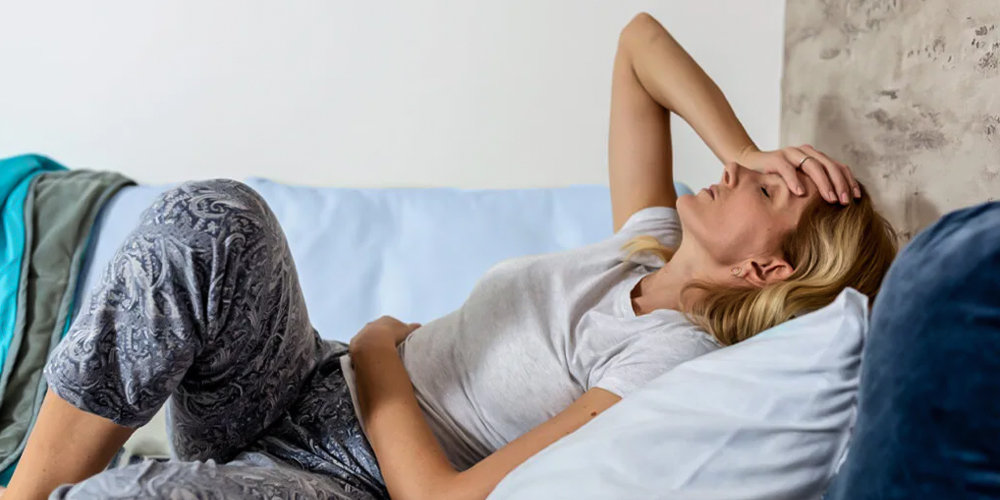Reproduction is controlled by a system that includes the hypothalamus, pituitary gland (for secretion of the correct hormones), ovaries (to maintain the egg follicles and nurture their growth and release) and other glands, such as the adrenal glands and thyroid gland. Problems with ovulation (release of an egg) result when one part of this system malfunctions.

The term ovulation refers to one of the processes of a woman's menstrual cycle where her ovaries release a mature egg. It may take 12 to 16 days before next menstrual cycle begins and it occurs in the middle of the menstrual cycle. A released egg travels below down, and there it can be fertilized by sperm. This process happens in a fallopian tube. Natural conception is essential for ovulation, and it marks the time when a woman is most fertile. This process was mainly controlled by hormones, mainly luteinizing hormone (LH) and follicle-stimulating hormone (FSH). PCOS (polycystic ovary syndrome) is a major cause of ovulation problems, which affect women's menstrual cycles. PCOS ovulation cures naturally.
Woman to woman The ovulation symptoms can vary. Some women report that symptoms were shown 15 days before the ovulation, and some report that no symptoms were shown before the ovulation. Women track their symptoms daily by logging their day-to-day symptoms like temperature, cervical mucus, and discomfort of any of these things, which are noted in the ovulation symptoms chart. The major symptoms were women's faces during ovulation were,
Before ovulation, these are the common symptoms faced by women. Some women won't get any symptoms before the period of ovulation; their menstrual cycle is also regular. Women during ovulation also have some symptoms like severe stomach pain, dysentery, and vomiting, and they also feel dizziness. Due to progesterone levels rising, a slight increase in body temperature occurs, and also increased libido was an ovulation sign before the period. During the ovulation period, these signs and symptoms are normal, and these symptoms do not regularly occur in a body due to their day-to-day lifestyle changes and food habits. Food habits play a major role in ovulation.
Normally during ovulation, it is a tough part for women in the menstrual cycle; through this, they need more strength to face the cramps and pain. Here, food habits and diet play a major role. Good food habits lead to less pain and fewer mood swings. Women during their menstrual cycle have more mood swings due to the pain and cramps they undergo. Foods that helps ovulation are:
Exercise plays a vital role in ovulation. Women during menstruation, their bodies feel so tired and weak. Through this exercise, make them strengthen their muscles. Regular physical activity supports the pituitary gland, which regulates reproductive hormones. ItIt also includes luteinizing hormone (LH) and follicle-cle-stimulating hormone (FSH), both of which are important for ovulation. Here's an exercise plan to help ovulation.
PCOS is where a woman's ovaries produce an abnormal amount of androgens (male hormones) and LH. It can lead to irregular periods and cystic ovaries. It was challenging for women to track ovulation test strips while they had their PCOS issues. An ovulation strip was used to check their pregnancy in a simple way This was a small kit Women calculate days around 10-12 days of a 28-day cycle clear vision of an ovulation:
Don’t you have a baby through your ovulation? Don’t worry, Aravind IVF Fertility Centre will help you give birth to a baby in a safe and secure way without any fear. Being a couple without a baby for several years was really a sad thing to change your life. Here we are to make you and your family happy by giving our service. Our group reports over 70,000+ IVF cycles and claims a 75% success rate, with 75% live birth success and 20,000+ babies born. Dreaming of parenthood? To fulfill your dream, visit the Best IVF centre in India, Dr. Aravind IVF Fertility Centre.